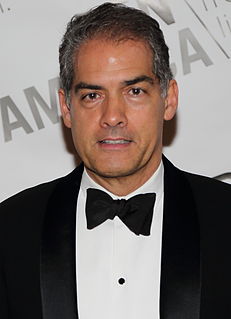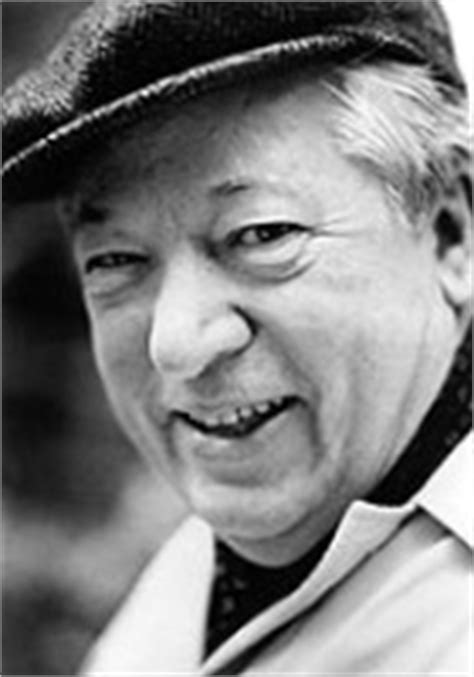A Quote by Maurice Sendak
Children surviving childhood is my obsessive theme and my life's concern.
Related Quotes
Children became an obsessive theme in Victorian culture at the same time that they were being exploited as never before. As the horrors of life multiplied for some children, the image of childhood was increasingly exalted. Children became the last symbols of purity in a world which was seen as increasingly ugly.
I think it is unnatural to think that there is such a thing as a blue-sky, white-clouded happy childhood for anybody. Childhood is a very, very tricky business of surviving it. Because if one thing goes wrong or anything goes wrong, and usually something goes wrong, then you are compromised as a human being. You're going to trip over that for a good part of your life.
I love Child's Play 2! That movie has a great theme: You better listen to children. That's why I wanted to do it. I was scared to do a horror movie - a blatant, studio horror movie - but I liked the script, and I thought that was such an important theme, because I don't think adults listen to children enough.
Much is made of the accelerating brutality of young people's crimes, but rarely does our concern for dangerous children translateinto concern for children in danger. We fail to make the connection between the use of force on children themselves, and violent antisocial behavior, or the connection between watching father batter mother and the child deducing a link between violence and masculinity.
I love 'Child's Play 2!' I love Don Mancini. That movie has a great theme: You better listen to children. That's why I wanted to do it. I was scared to do a horror movie - a blatant studio horror movie - but I liked the script, and I thought that was such an important theme because I don't think adults listen to children enough.






































